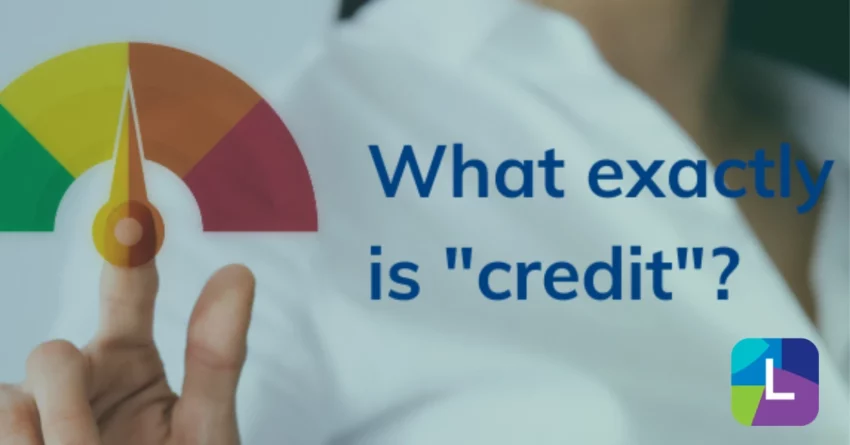Credit Basics – What Exactly Is “Credit”?
We know that credit scores are important, and creditors consider your credit history, the types of credit you use, and how you’ve repaid it to calculate these.
But what exactly is credit?
It’s an agreement between a lender and a borrower through which the lender allows the borrower to purchase goods or services before physically paying for them. This is offered with the understanding that the borrower will pay back the used what they owe within a given time frame, often with interest.
There are common ways of buying goods or services with credit. This includes groceries, phone bills, private loans and mortgages. However, government student loans does not appear on your score or report. All of these allow you to use them immediately or for the bank/creditor to purchase them for you. But like all agreements, you’ll need to pay them back by the agreed-upon date later.
When obtaining credit, a limit is set by the lender. This is the maximum amount you can borrow for that particular line. For example, if you’re applying for a card, a limit will be imposed on the maximum outstanding balance you can reach. The limit will be based on your score and income.
To decide if you can be trusted to pay back, companies calculate and use a score, a figure between 0-999, which tells them how responsible and trustworthy you are according to their standards.
Scoring models consider various factors to calculate a score, and this differs between companies. Generally, it will analyze your history and payment history to see how you’ve handled and repaid in the past.
Has our credit score series made you curious to know more about your score?
You can access a detailed copy of your own report through CheckMyFile.*
*Where you access the services of CheckMyFile through the link above, Lendwise will receive a small affiliate fee.
